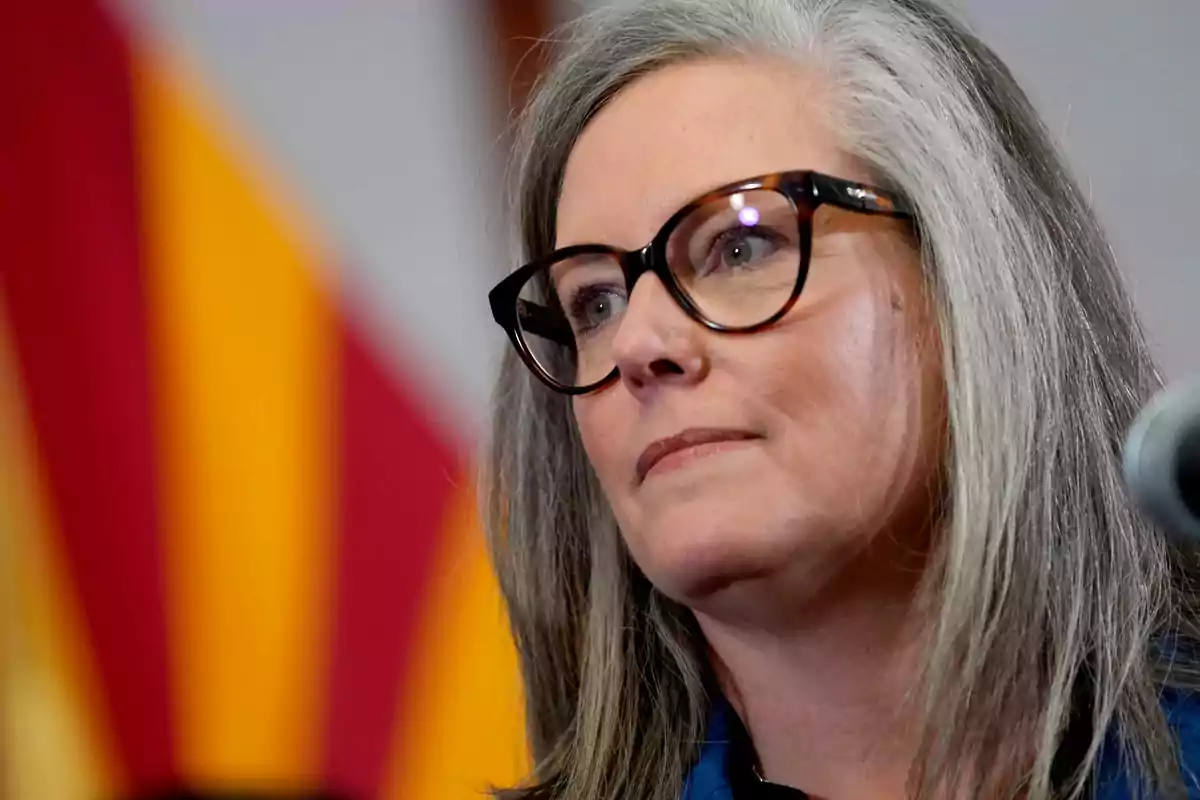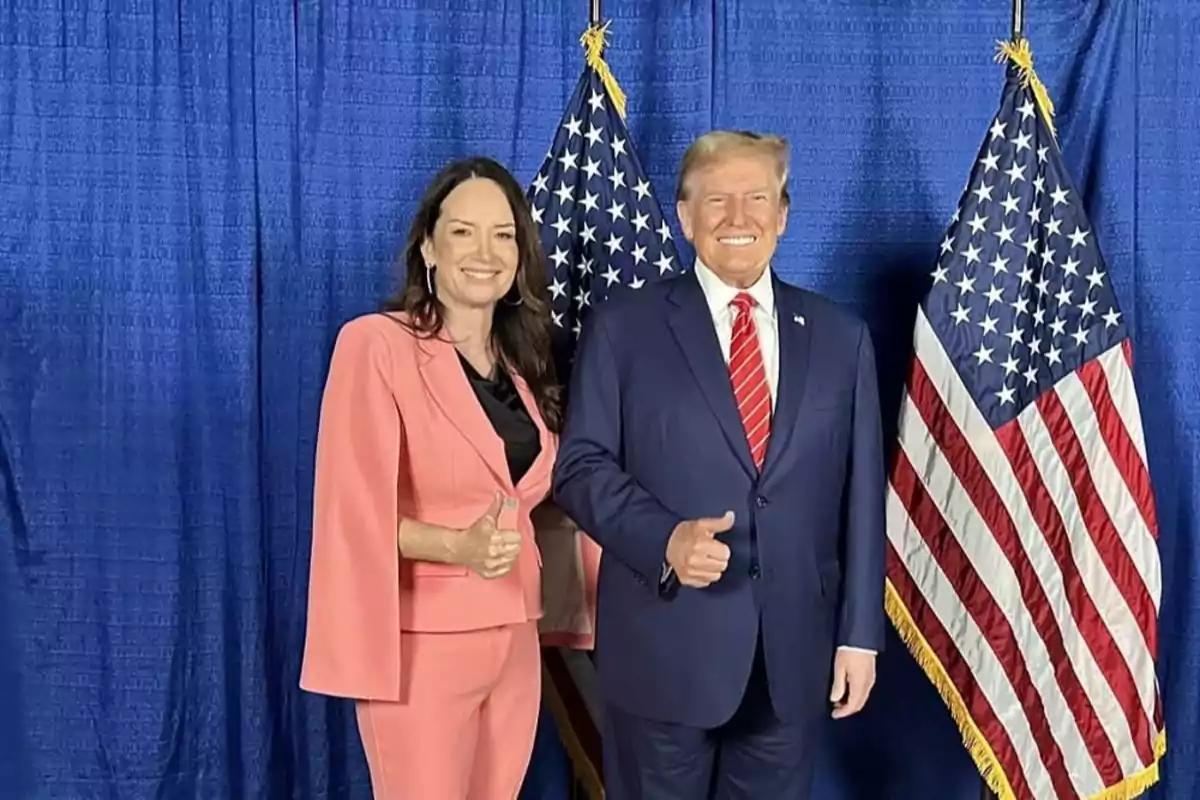
Arizona's Democratic governor vetoed a law aimed at preventing the advance of the PCC in the US.
Governor Katie Hobbs vetoed a bill in recent hours that prohibits the Chinese regime from acquiring land in Arizona
Arizona's Democratic governor, Katie Hobbs, sparked intense controversy after vetoing bill S.B. 1109, which sought to prohibit the acquisition of land in the state by the Chinese government or entities linked to it, especially near strategic infrastructure such as military bases, nuclear facilities, and key technology centers.
In her veto letter, dated June 2, Hobbs argued that the legislation was ineffective in combating espionage and did not provide direct protection for military assets in the state. She also criticized the lack of clear criteria for its implementation, warning about the risk of arbitrary enforcement of the regulation.
The bill, which had gone through a bipartisan amendment process to limit the scope of the ban only to entities linked to the Chinese government, emerged amid growing national security concerns.

One of the cases cited was a recent attempt by China to lease properties near Luke Air Force Base in Arizona, where American fighter pilots are trained.
Hobbs's decision was harshly criticized by Republican Party figures and conservative organizations. The state Senate majority leader, Janae Shamp, described the veto as "politically motivated" and "completely senseless," accusing the governor of obstructing efforts to protect the state's citizens from foreign threats.
Shamp was the one who promoted the bill with the goal of safeguarding Arizona's military, commercial, and agricultural assets against possible acts of espionage or sabotage.
Michael Lucci, CEO of the conservative organization State Armor Action, accused Hobbs of putting up a sign reading "open for the Chinese Communist Party" at the state's front door.

Although Hobbs insists that the measure had no real impact on security, the debate is part of a national trend. The Committee of 100, a nonprofit organization focused on issues related to China, reported that at least 27 states are considering 84 similar bills, and 22 have already approved regulations restricting foreign ownership of land, 17 of which became law during 2024.
In Arizona, according to data from the United States Department of Agriculture (USDA), more than 118,000 hectares (291,000 acres) of agricultural land in Maricopa and Pinal counties are in the hands of Chinese corporations.
Nationally, foreign entities owned about 40 million acres of agricultural land as of 2021, which is equivalent to 3% of the total. Of that figure, China accounts for only 1%, far below Canada, which owns 33%. However, experts point out that even small amounts of land in key locations can pose significant strategic threats.

Several states have already taken action. Utah, for example, has passed laws that prohibit or limit investment from countries such as China, Russia, Iran, and North Korea in land within the state. These laws are enforced by the Department of Public Safety, which must document and create a database to reverse such investments.
The federal government has also shown interest in this issue. The Secretary of Agriculture, Brooke Rollins, confirmed in February that the White House is seeking to prohibit the purchase of American land by China, an initiative that follows the precedent of restrictions against companies such as Huawei and the ongoing pressure on TikTok, whose future in the United States still hangs by a thread amid the possibility of a new extension of the divestment deadline.
More posts: